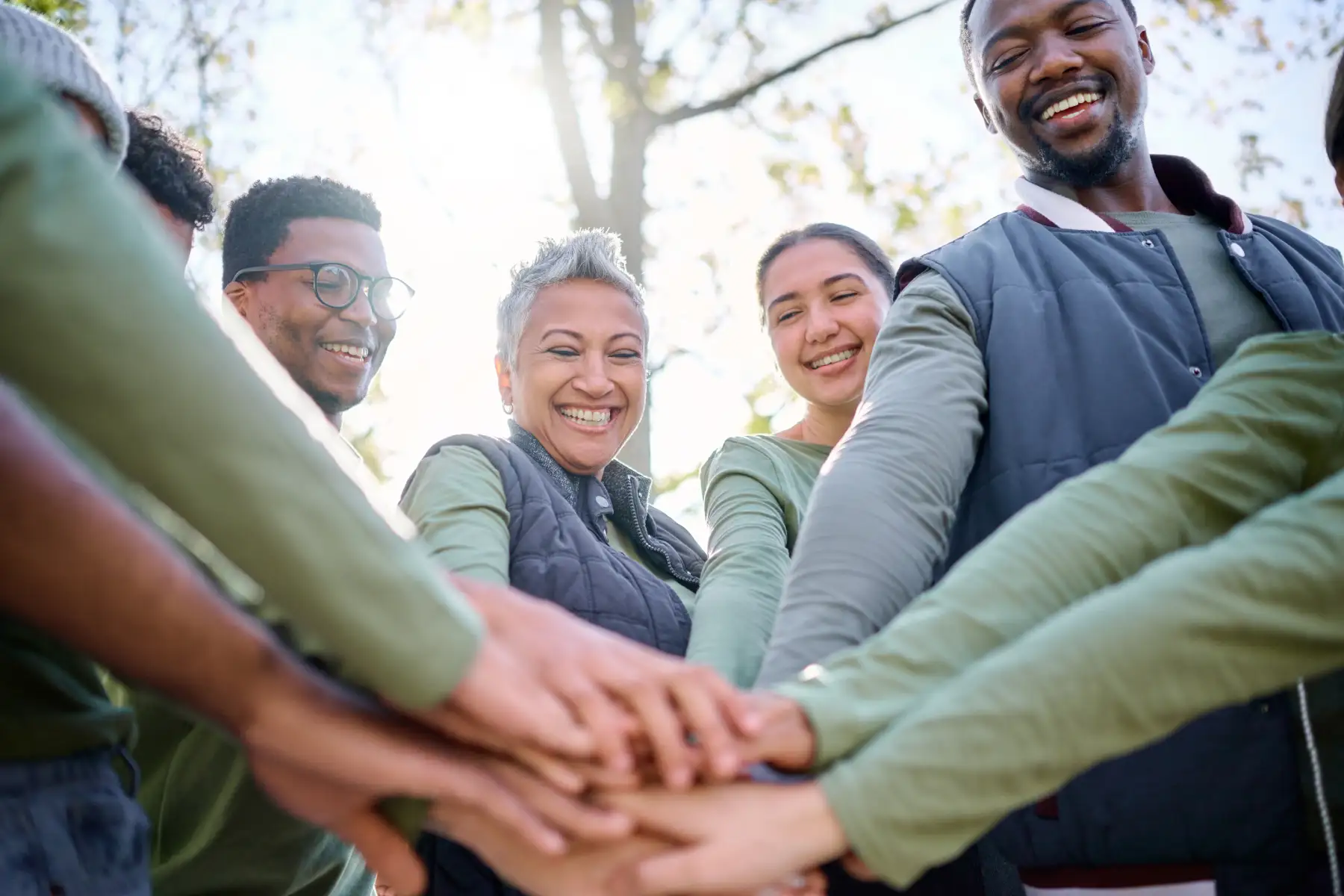When we think of resilience, it is often perceived as an individual trait—a personal ability to bounce back from setbacks. However, resilience does not exist in isolation. It is deeply influenced by the connections and relationships we nurture. Building and maintaining strong bonds with others creates a support network that can help us face adversity, recover from challenges, and even thrive in difficult circumstances. This article explores the role of community and relationships in resilience, and how meaningful connections can foster personal strength.
Why Are Relationships Key to Resilience?
While resilience is partly a matter of internal strength, it is also shaped by the external world. Social support systems—including family, friends, colleagues, and even broader communities—are fundamental to our ability to adapt and recover from adversity. Here’s why relationships are so crucial to resilience:
- Emotional Support: Trusted individuals provide a listening ear, empathy, and encouragement during tough times, which can alleviate stress and help us process emotions.
- Problem-Solving Assistance: Support networks offer guidance, alternative perspectives, and practical help, which can improve decision-making and problem resolution.
- A Sense of Belonging: Feeling connected to a group reduces isolation, which can worsen the impact of struggles. Belonging reinforces the idea that you are not alone.
- Shared Experiences: Communities—or even just close relationships—remind us that struggles are a common human experience, helping us normalise challenges rather than catastrophise them.
Strong relationships do more than soften the blow of adversity—they actively reinforce coping skills and encourage growth.
How Community Strengthens Individual Resilience
Here are three ways in which being part of a supportive community can strengthen resilience:
- Collective Problem-Solving Communities have a wealth of diverse skills, knowledge, and experiences. When facing a crisis, drawing on this shared expertise often leads to creative solutions that might be missed when tackling a problem alone. Example: In a workplace setting, collaborating with supportive colleagues on a difficult project may reduce individual pressure while leading to stronger outcomes.
- Mutual Support During Adversity A community fosters reciprocal care, where individuals both give and receive support. This not only helps in overcoming specific challenges but also reinforces the bond between members, creating long-term emotional security. Example: After a natural disaster, neighbourhoods often come together to rebuild. This shared effort not only addresses practical challenges but also creates lasting emotional support.
- Positive Role Modelling Being surrounded by resilient people can inspire you to adopt helpful attitudes, behaviours, and coping mechanisms. Seeing others demonstrate strength and adaptability during tough times can motivate you to do the same in your own life. Example: A mentor at work who keeps calm under pressure can serve as a model for how to approach stress with composure.
Building Your Support System
Resilience grows from being supported and from supporting others. However, it is important to actively nurture relationships to ensure that they can provide this mutual benefit. Here is how:
- Surround Yourself With Supportive People Choose to invest time in relationships with people who encourage, inspire, and genuinely care about your well-being. These relationships will help you maintain emotional stability during adversity. Actionable Tip: Reflect on who in your life makes you feel understood and supported. Reach out to them regularly to strengthen the connection.
- Be Open and Honest With Others True support relies on trust and vulnerability. Opening up about your struggles helps others understand your challenges and offer the right kind of support. Actionable Tip: Share how you are feeling with a trusted friend or colleague—whether it is stress, disappointment, or uncertainty—and allow them to respond.
- Give Back to Your Community Resilience is a two-way street. Helping others not only strengthens your community but also enhances your own sense of purpose and capability. Actionable Tip: Volunteer your time, offer mentorship, or provide emotional support to someone in need. Helping others can create a ripple effect of resilience.
- Foster New Connections If your current social network feels limited, consider taking steps to build new relationships. Making an effort to reach out to people with shared interests or experiences can greatly expand your support system. Actionable Tip: Join a group, club, or community that reflects your personal interests (e.g., sports, hobbies, volunteering) to meet like-minded individuals.
- Practise Active Listening Resilience-building communities are based on mutual understanding, and one of the best ways to strengthen relationships is by practising active listening. When you listen attentively to others without judgement, you create a safe space for connection. Actionable Tip: During conversations, make an effort to fully concentrate on what the other person is saying without interrupting or thinking ahead.
The Role of Community Resilience
Beyond personal resilience, building community resilience ensures that groups as a whole can better weather crises. Whether in families, workplaces, or neighbourhoods, resilient communities are distinguished by:
- A Shared Purpose: Common goals and values bring people together and give meaning to collective efforts.
- Empathy and Inclusion: Resilient communities foster an atmosphere where everyone feels valued and supported, regardless of their background or contributions.
- Problem-Solving Collaboration: Resilient communities encourage open dialogue and teamwork to address shared challenges.
Focusing on collective resilience not only strengthens individuals but also ensures the long-term well-being of the group.
Final Thoughts
Resilience is not just an individual skill—it is deeply rooted in the relationships and communities we build. Social support provides the encouragement, wisdom, and practical help needed to navigate life’s obstacles, reminding us that we are never truly alone. By investing in your connections with others and being an active, supportive member of your community, you can create a network that bolsters resilience for all. Whenever challenges arise, remember this: resilience grows strongest when it is shared.










